Galloway National Park: A 'huge positive' or a 'layer of bureaucracy'?
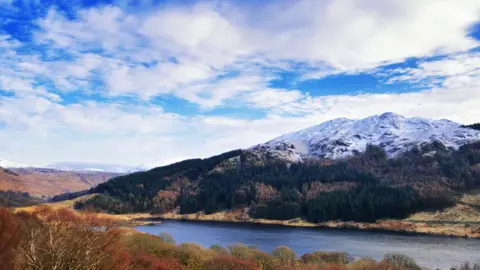 Getty Images
Getty ImagesThe case for Galloway to become Scotland's third national park has been taken to Holyrood.
It is the latest step in a long-running campaign to acquire the status.
South of Scotland SNP MSP Emma Harper secured the debate on the issue which has enjoyed cross-party support in Dumfries and Galloway.
However, the Scottish government repeated its stance that it has no plans to create any new national parks.
Scotland currently has two national parks, one in the Cairngorms, the other is Loch Lomond and the Trossachs.
The Galloway National Park Association (GNPA) is pushing for one to be set up in the south-west and there are also moves to create one in the Borders.
'Overwhelming support'
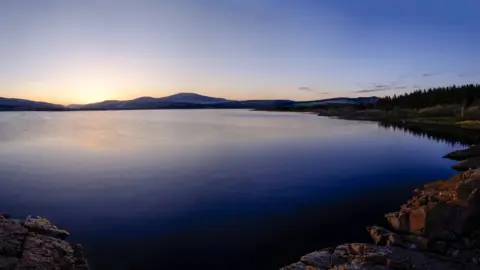 Getty Images
Getty ImagesRob Lucas, who chairs the GNPA, said he hoped the debate would convince the Scottish government of the "overwhelming support" for a project that could deliver "huge benefits".
He said the status was synonymous with areas of "high environmental quality" and "stunning landscapes" which were also welcoming to visitors as well as great places to live and work.
"Our message to the Scottish government would be the case for Galloway being a national park is strong and getting stronger by the day," he said.
"The area and Scotland need a national park in Galloway and we ask the Scottish government to support our proposal to get on and launch a consultation on this."
'Step forward'
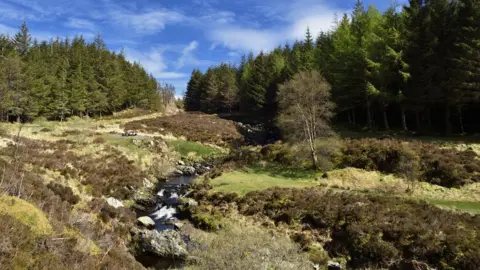 Getty Images
Getty ImagesMs Harper asked the Scottish Parliament to recognise the work being done in Dumfries and Galloway and the benefits it could bring.
The move has also been backed by Conservative Galloway and West Dumfries MSP Finlay Carson who has asked for a feasibility study for the project to take the "next step forward".
South of Scotland Labour MSP Colin Smyth has also supported the proposals in the past.
He said the national park brand was "recognised across the world" and could provide a "real boost" to the area's economy.
However, any new national park project would require Scottish government approval.
The Scottish government said that Galloway was already home to a number of landscape designations including the Galloway Forest Park, Dark Sky Park and UNESCO Biosphere.
It added that it was keen to make the "best possible use of existing designations and economic development opportunities" due to the "very real concerns" about the costs associated with any new national park.
John Thomson, chairman of the Scottish Campaign for National Parks, criticised its "intransigent stance".
He said the argument that the parks were unaffordable was "just not tenable" and called for the Scottish government to "wake up and recognise the opportunities" they offered.
'Huge positive'
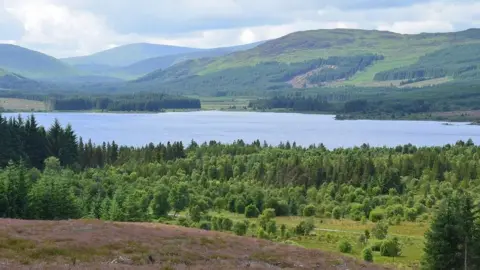 Jim Barton
Jim BartonMark Turner, who operates Solway Tours, described the area as an "incredible resource".
He said they took people from across the world to Galloway to show off its sites, enjoy its walking and cycling trails and tell them the story of Robert the Bruce.
"If the area was to gain national park status we can only see it as a huge positive," he said.
"Greater investment in sustainable and green tourism whilst boosting a plethora of aspects of the local economy can only be a win-win."
'Frozen in time'
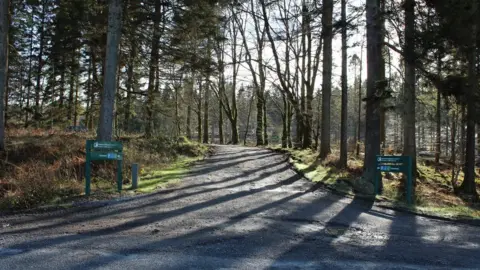 Billy McCrorie
Billy McCrorieHowever, Colin Ferguson, who chairs the National Farmers Union Scotland in Dumfries and Galloway, said he did not see the need for "another layer of bureaucracy".
He said South of Scotland Enterprise, the Borderlands Growth Deal, Galloway Biosphere and the Destination Alliance were already in place to "encourage tourism" and "better biodiversity".
He said the national park would create "another level of aggravation" for agriculture.
"It is the biggest industry in the region and it provides a huge amount of employment - up to 12,000 people," he said.
"Anything that holds that back - or even has the potential to hold that back - is a huge concern."
He said other national parks were great tourism destinations and provided a "glimpse into the history of how things were done".
"They have not really moved forward because the national park has kind of frozen them in time," he added.

What is a national park?
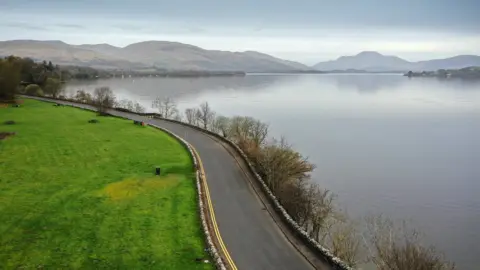 Getty Images
Getty ImagesThe term is used to describe an area set aside by a national government for the preservation of the natural environment.
It may be set aside for purposes of public recreation and enjoyment or because of its historical or scientific interest.
Most of the landscapes and their accompanying plants and animals in a national park are kept in their natural state.
The national parks in the United States and Canada tend to focus on the protection of both land and wildlife, those in the United Kingdom focus mainly on the land, and those in Africa primarily exist to conserve animals.
Source: Britannica.com

